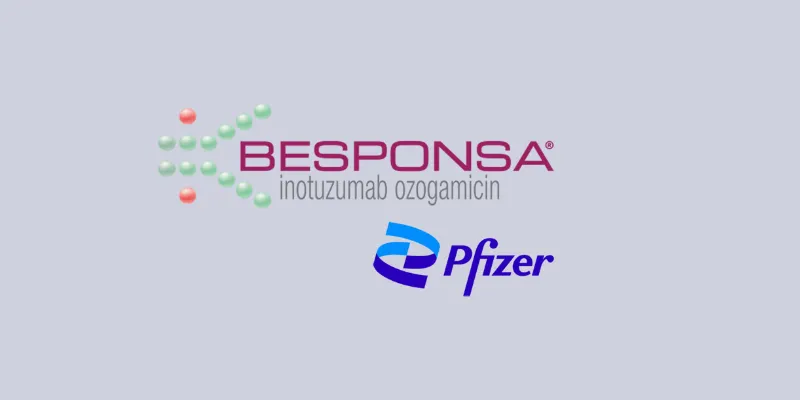FDA Approves Besponsa for Pediatric Acute Lymphoblastic Leukemia

7 March 2024
The FDA has approved Besponsa for children with relapsed or refractory CD22-positive B-cell precursor acute lymphoblastic leukemia. A phase 2 study demonstrated a 42% complete remission rate, with a significant majority achieving minimal residual disease negativity.
In a significant advancement for pediatric patients, the U.S. Food and Drug Administration (FDA) has given its approval for inotuzumab ozogamicin, (Besponsa by Pfizer) for use in children aged 1 year and older suffering from a specific form of acute lymphoblastic leukemia (ALL). This breakthrough therapy is designed for patients with relapsed or refractory CD22-positive B-cell precursor ALL that has aggressive nature and limited treatment options.
In a significant advancement for pediatric patients, the U.S. Food and Drug Administration (FDA) has approved inotuzumab ozogamicin (Besponsa by Pfizer) for use in children aged 1 year and older suffering specific form of acute lymphoblastic leukemia (ALL). This breakthrough therapy is designed for patients with relapsed or refractory CD22-positive B-cell precursor ALL, which has an aggressive nature and limited treatment options.
The FDA’s decision was informed by the results of a compelling phase 2 study, which demonstrated the drug’s efficacy in achieving complete remission in pediatric patients. The study, which enrolled 53 children with the specified form of leukemia, found that 42% (22 patients) achieved complete remission.
Moreover, the duration of this remission lasted a median of 8.2 months, offering a glimmer of hope for families grappling with this devastating diagnosis. Notably, in those who reached complete remission, an impressive 95.5% showed no minimal residual disease (MRD) based on flow cytometry analysis, a critical indicator of the treatment's effectiveness in eradicating cancer cells.
Inotuzumab ozogamicin operates as a novel monoclonal antibody, representing a significant innovation in leukemia treatment. Its mechanism specifically targets CD22, a protein expressed on the surface of B-cell precursors, delivering a potent cytotoxic agent directly to the leukemia cells while sparing healthy cells. This targeted approach helps reduce the treatment's impact on the patient's overall health, a crucial consideration given the vulnerability of pediatric patients.
Safety data from the study highlighted several adverse effects associated with the treatment, including thrombocytopenia, pyrexia, anemia, and vomiting, among others. Despite these challenges, the approval of inotuzumab ozogamicin represents a crucial step forward in the fight against pediatric leukemia, offering new hope to patients and their families facing this challenging diagnosis.











Comments
No Comments Yet!